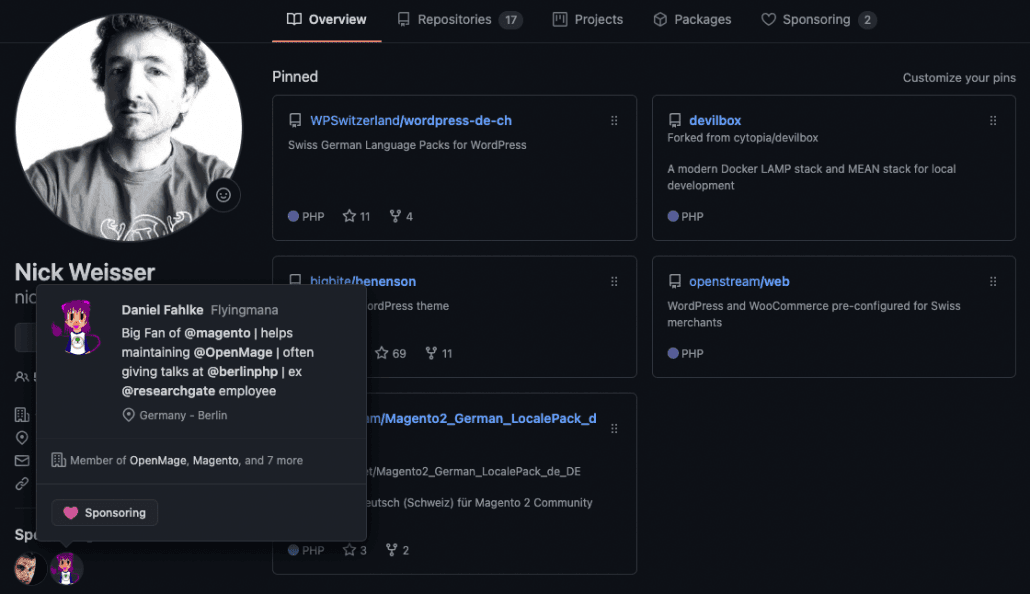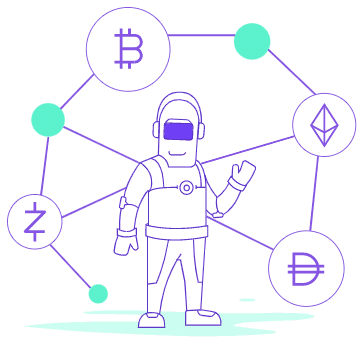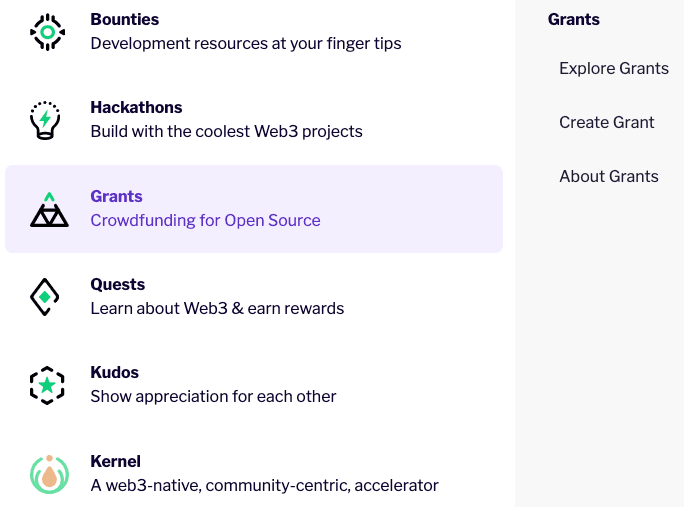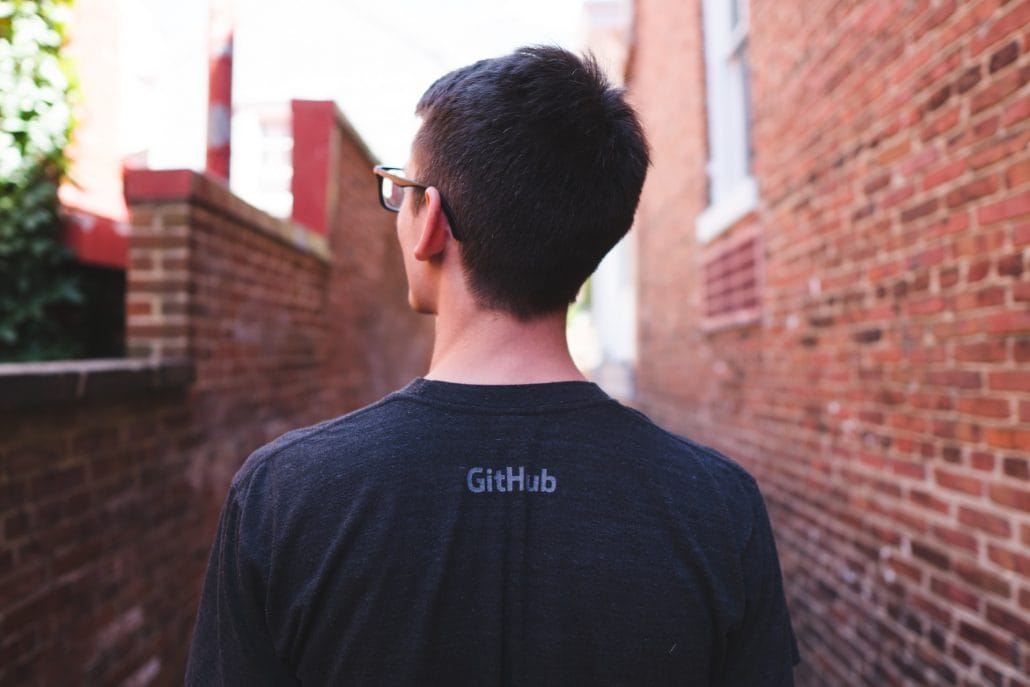In economics, a public good – also referred to as a social good or collective good – is a good that is both non-excludable and non-rivalrous. For such utilities, users cannot be barred from accessing or using them for failing to pay for them. The Internet has increased the number of public goods. Software developed under an Open Source license is a great example for public goods.
Examples of Open Source Software
- Mozilla Thunderbird – email client
- Mozilla Firefox – Internet browser
- Audacity – multi-track audio editor
- LibreOffice – office suite, successor of OpenOffice
- Ubuntu – Linux-based operating system
- Android – Linux-based mobile operating system
- WordPress – content management system written in PHP
- WooCommerce – WordPress ecommerce plugin
- Magento – e-commerce platform written in PHP
GitHub Sponsors
In 2018, Microsoft acquired software development and version control platform GitHub. Although Microsoft’s Windows operating system is not Open Source and the company was historically closed source and proprietary respectively. Nowadays, Microsoft is one of the greatest supporters of Open Source software. Many of their employees work on Open Source projects. For Open Source developers not sponsored by a company part or full time, there are other options, though.
In 2019, GitHub announced GitHub Sponsors, a new way to contribute to Open Source projects. On their website they say that the world runs on Open Source and that none of it would be possible without the global team of maintainers, designers, programmers, researchers, teachers, writers, leaders – and more – who devote themselves to pushing technology forward. These extraordinary developers can now receive funding from the GitHub community that depends on their work, seamlessly through their GitHub profiles.

As some of our clients are still using Magento 1, we make sure that they still get security updates and bug fixes via the OpenMage project which is maintained by volunteers of the international Magento community. One of the main contributors of this project is Daniel Fahlke from Berlin, who I also met personally at various Magento hackathons. Daniel aka Flyingmana is one of two developers and projects, that I’ve been sponsoring through GitHub Sponsors.
Just realized that @OpenMageProject maintainer @Flyingmana only has two #GitHub sponsors.
— Nick Weisser (@nickweisser) April 22, 2021
If you’re using #OpenMage for yourself or your clients, you should become a sponsor, too. Please show some 💜 and retweet or become a sponsor from as little as $1 per month. #Magento1LTS pic.twitter.com/PVDYd4UzEu
Gitcoin Quadratic Funding

The blockchain (web3) ecosystem is also strongly rooted in Open Source. Gitcoin Grants are another way of funding Open Source projects using quadratic funding, ensuring that projects doing the greatest public good get the most support.
Quadratic Funding is the optimal way to fund public goods in a democratic community. It works like a crowdfunding campaign that matches contributions from individuals with a pool from bigger donors. The higher the number of individual donors, the more matched funds a project gets.
With Gitcoin developers will be paid in various crypto currencies like Ethereum, Ethereum Classic, Bitcoin, Bitcoin Cash and Siacoin.
Here’s an overview of the different Gitcoin «Products»:

Gitcoin has helped thousands of projects and teams grow their open source ecosystems. As of now they have funded over 19 million USD and over 160’000 active developers. The internet has unlocked unprecedented opportunities for collaboration and creation. Web3 technology like open source protocols and decentralized blockchains give us the ability to take that co-creation to a new scale. The Gitcoin community uses this technology to fund and build digital public goods projects that serve everyone, and solve our most immediate problems.
If you have questions for the Gitcoin team, join them in Discord. They have a vibrant, supportive community. If you have questions, just reach out and they’ll point you in the right direction.
Credits
- Top image courtesy of Caleb White
- Definition of public good by Wikipedia
